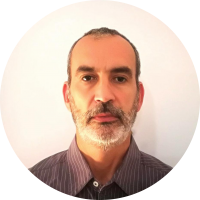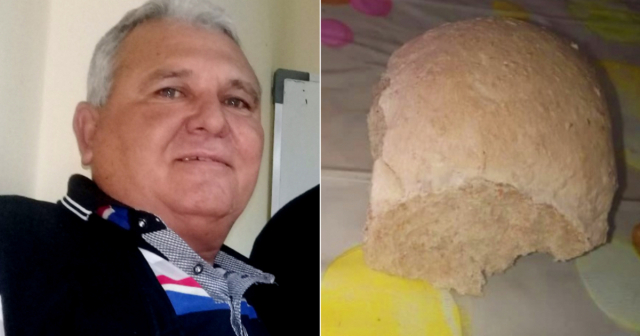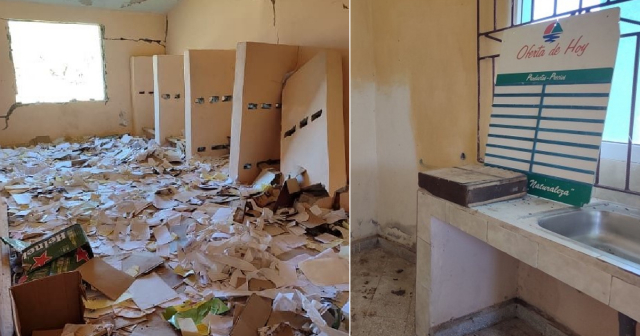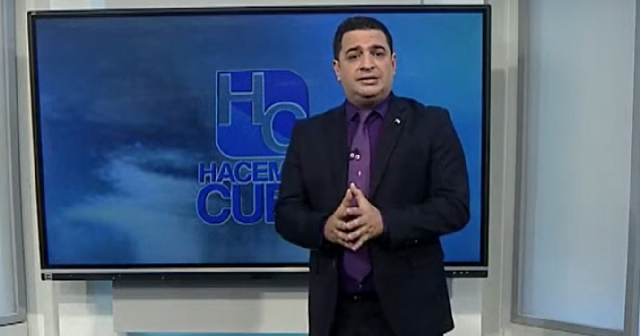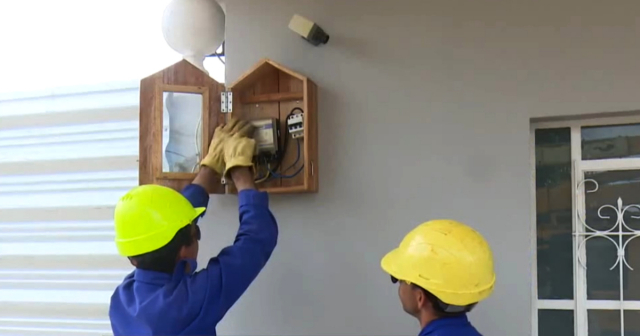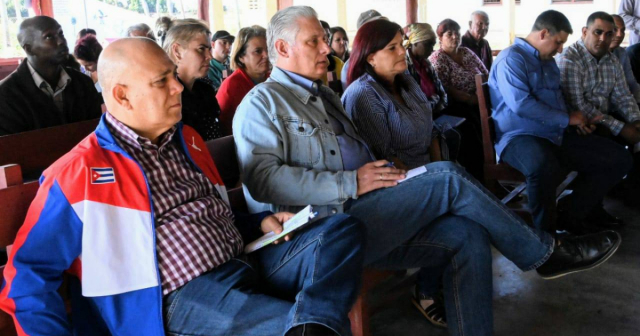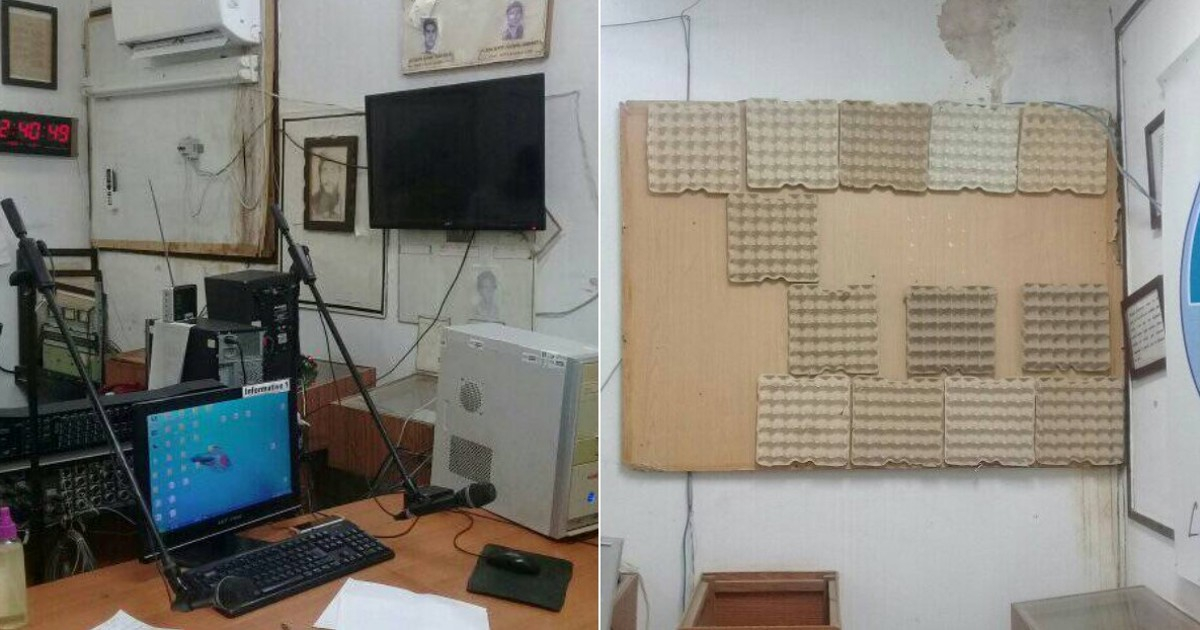
Station workersRadio Freedom, from the Las Tunas municipality of Puerto Padre, denounced the precarious conditions in which they work and demanded that the authorities provide effective solutions to the problems.
“If the highest political and government authorities of the province and the ICRT assert that the Puerto Padre station has precarious conditions, and did not speak out for an immediate solution (at least it was not visible in the writing), how can they plan the authorization from the recording studioRadio Victoria?”, questioned a worker on her social networks.
As Lisset González Castro described in a Facebook post this Sunday,Radio Freedom –where he works- is the station that faces “the most complex situation in the province and possibly in the country, due to the lack of its own premises.”
A report that appeared inNewspaper 26 of Las Tunas exacerbated the unrest of the workers ofRadio Freedom. “I confess that when I read the fifth and sixth paragraphs of the information, I experienced helplessness, discomfort… and that is the feeling of the workers at our station,” said González Castro.
The reason: the note recognized that the Puerto Padre station had a “precarious situation” and pointed out that its workers did not have their “own space.” In addition, it pointed to the lack of actions by those responsible for the Radio System in the province, "that indicate the establishment of acceptable conditions for its performance."
Those responsible for radio communication in Las Tunas, for their part, announced a series of measures to improve the public service they offer, but none of them address the urgent needs of the more than 50 workers ofRadio Freedom.
“Immediate plans are to enable the large recording studio ofRadio Victoria, especially for dramatized ones, which allows collaboration with musical groups and projects in the yard; the strengthening of the Digital Editorial Department and the training of human capital, among other issues,” he noted.Newspaper 26 as this year's priorities to improve service.
Judging by the information published, the investments to improve the infrastructure of the Radio in Las Tunas will be allocated to the station in the provincial capital (Radio Victoria). The failure to mention solutions to the problems ofRadio Freedom, provoked the complaint of González Castro and other radio workers in Puerto Padre.
“I find it perfect that the system wants comfort for its artists, but, while this is happening in the provincial capital, the more than 50 Libertad workers have to work in overcrowded conditions, in a single room, with little lighting,” complained the worker at the northern municipality of the province.
Transmitting from a room provided by the Combatants Association, the workers ofRadio Freedom They face soundproofing problems in the makeshift studio. “You can hear the cars and the people passing by on the street more than the voice of the announcer,” González Castro protested, wondering what the leaders of the sector would understand by “altruism.”
The “tendency to seek the good of people in a disinterested manner, even at the expense of self-interest” (concept of altruism), he denounced, seems not to be among the forces that guide those who make decisions.
“So, if those who lead us are not altruistic, what improvement can we aspire to? Perhaps the day of my retirement will come and the officials will still be promising to resolve the situation at the office.Radio Freedom because 'it is what is most urgent in the province,'" said the worker.
The note ofNewspaper 26 He specified that the main leaders of the party and the government in the province were present at the meeting of the Provincial Radio System in Las Tunas, who discussed the need to consolidate alliances to improve the infrastructure of the System.
Likewise, the general director of Cuban Radio, Yuzaima Cardona, conveyed congratulations and gratitude to the Las Tunas radio workers for staying “on the air” despite the difficulties.
Infrequent in the official media, the complaint by the workers ofRadio Freedom It is one more indicator of the culture of “accountability” and “public protests” that is being consolidated among the various actors of Cuban civil society..
The historic 11J protest in Cuba generated an impetuous movement of the Cuban rulers thatThey set out to tour the depressed neighborhoods of the country and to project themselves as managers close to the problems of citizens.
Beyond propaganda, Cubans have seen that, at least, denunciation and protests mobilize the authorities. Whether they achieve an effective solution to their problems is another story, but in the meantime, they gain visibility and attention from the leaders of the regime.
What do you think?
SEE COMMENTS (7)Filed in:
